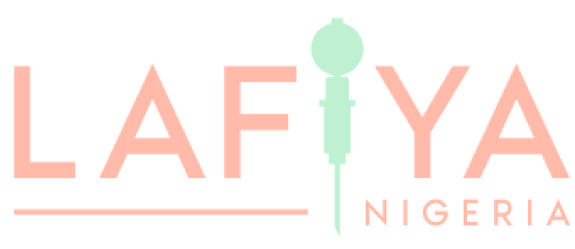Why Family Planning? Why Now?
The Problem
Maternal mortality—the death of a woman during pregnancy or childbirth—remains one of the most tragic and preventable causes of death in Nigeria today, and claims close to 40,000 Nigerian women's lives each year. The rate of maternal mortality is also much higher in rural areas than in urban areas, due to a lack of health infrastructure.
However, many of these deaths can be prevented with the use of contraception and access to family planning information. In fact, the Lancet estimates that if the contraceptive unmet need is fulfilled globally, around 44% of maternal mortality can be averted.
The impact on a woman goes beyond health factors. Access to family planning is an extension of a woman's right to assert her own bodily autonomy. In 2012, the United Nations Population Fund (UNFPA) and the World Health Organisation (WHO) issued a report declaring that universal access to contraception is a human right. "By Choice, Not Chance" stresses that family planning is universally recognized as an intrinsic right, affirmed and upheld by countries worldwide.
Of course, accessing contraception also contributes to a woman's enfranchisement to education and a host of socioeconomic opportunities. It is hard to foresee women taking advantage of opportunities to run their own small business, or to join post-secondary education if she is pregnant once again after giving birth year after year.
Why Now?
Now, there are top-down and bottom-up drives that are shifting the paradigm of family planning: from the top, the global FP2030 partnership validates the need for family planning, and set out tangible action items for countries globally to act, including the Nigerian Ministry of Health. There has been unprecedented momentum from the government to act now to ensure access to modern contraceptives is a reality for every woman.
From the bottom: grass-roots and non-profit level advocacy work is now finally taking shape, greatly increasing the demand for family planning within communities. Community leaders like imams are now speaking out against misinformation about family planning and advocating for a newer and safer world for Nigerian women. Non-profits like our friends over at Family Empowerment Media are closing the information gap by using locally accessible channels of communication, such as radio, to reach women in hard-to-serve communities.
What is next?
Still, last-mile delivery problems persist across rural areas in Nigeria. This is where Lafiya Nigeria comes in.
Lafiya Nigeria's efforts in maternal health and family planning are saving lives. Our organisation has provided more than 1500 women with access to contraceptive services during our pilot program. With our network of Lafiya Sisters, we aim to reach another 100,000 women by 2024.
If you are interested in learning more about how contraception works or if you want to get involved with Lafiya Nigeria, contact us today!

